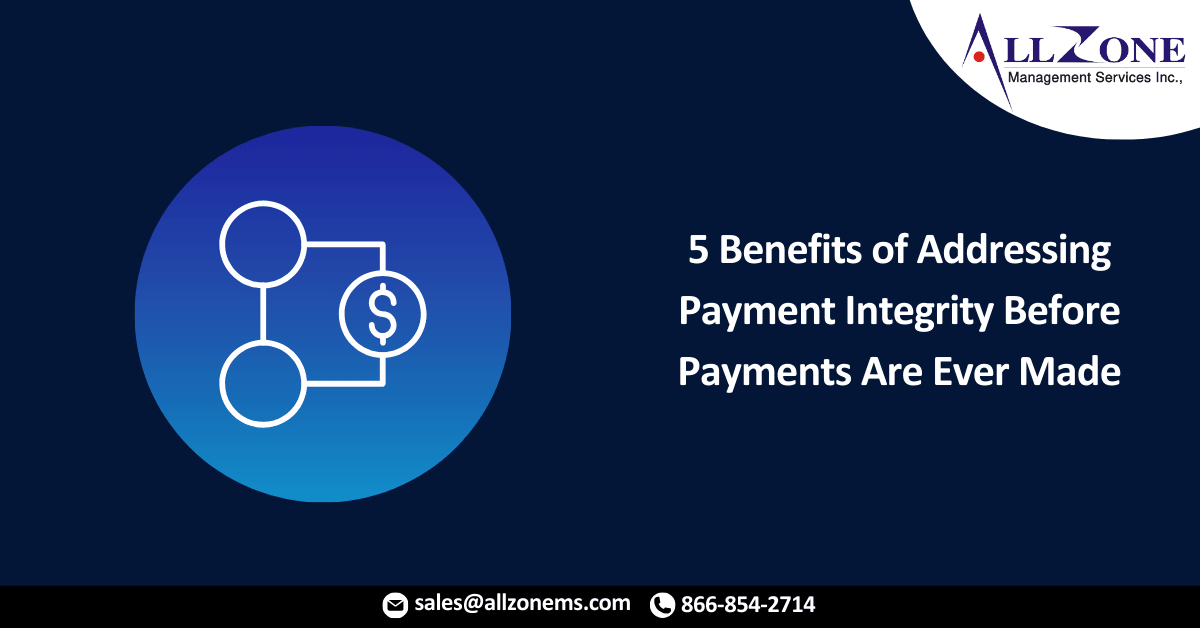Payment integrity in Medicaid—the concerted effort to keep tight control over fraud, waste and abuse—can be addressed at any stage in the claim cycle. Of course, the earlier it is addressed, the easier it is for health plans to avoid improper payments and the administrative burden of recovering them. And while pre-payment integrity programs maximize savings for payers, they also benefit providers by expediting the payment process.
Healthcare payers know that clinical claim reviews are an essential tool for identifying improperly billed services. Conducting these reviews after payment has already been made, however, can lead to time- and resource-intensive “pay-and-chase” work. Dispute and appeals periods commonly range from 30 to 90 days and often involve extensive correspondence and accounts receivable work.
So what happens when clinical claim reviews are conducted earlier in the claims process—before payments are made?
Expedited Savings
On average, pre-payment clinical claim reviews generate savings in 30 days, compared to the six to 12 months needed for post-payment claim reviews. A recent Gainwell pre-pay clinical review of 500,000 Medicare members resulted in more than $20 million in projected savings in only nine months. Payers recognized savings within 20 days of the receipt of the first medical record. In addition, there was a notable decrease in the appeal rate compared to post-payment clinical reviews.
Increased Provider Satisfaction
A technology-driven claim review process (ideally provided by a vendor with Medicaid expertise) can use advanced algorithms to target claims with the greatest potential for payment errors. As a result, medical records are only requested from providers when there is a high probability of improper payment. This leads to low appeal turnover rates and higher dollars recovered per claim while also reducing provider abrasion.
Getting Payers and Providers on the Same Page
Another significant advantage to pre-payment clinical reviews is that the process better aligns payer and provider incentives. In the pre-pay environment, providers are motivated to submit medical records in a timely fashion to allow for rapid completion of claim reviews—and therefore receive timely payment. On the payer side, teams must review claims and medical charts quickly to comply with prompt pay guidelines. The increased speed of the process works to the advantage of both payers and providers.
Incentivizing Evidence-Based Care
Practicing evidence-based medicine—or making clinical decisions based on the best available evidence as informed by research, clinical experience and patient values—is an important strategy in improving the quality and efficiency of care. But despite many years of focus on evidence-based medicine, significant amounts of resources are still expended on care that provides low or no value. Integrating evidence-based guidelines with pre-payment integrity protocols can help to ensure providers align their practices with clinical guideline recommendations going forward. This improves the use of future healthcare resources while also avoiding a low-value care payment in the present.
Running at Peak Efficiency
When the payment integrity process is streamlined, both payers and providers can operate much more efficiently. Implementing pre-payment protocols, such as a payment analytics program or clinical claim reviews, can help payers identify discrepancies that would result in improper payments. It can also save provider networks time, money and frustration. Ultimately, reducing inefficiencies in the system empowers everyone involved to focus less on administrative work and more on your members.
For More Information: 5 benefits addressing payment integrity payments are ever made

